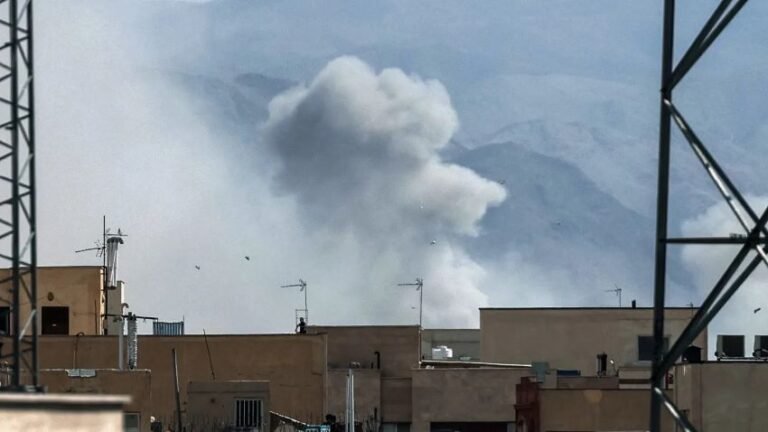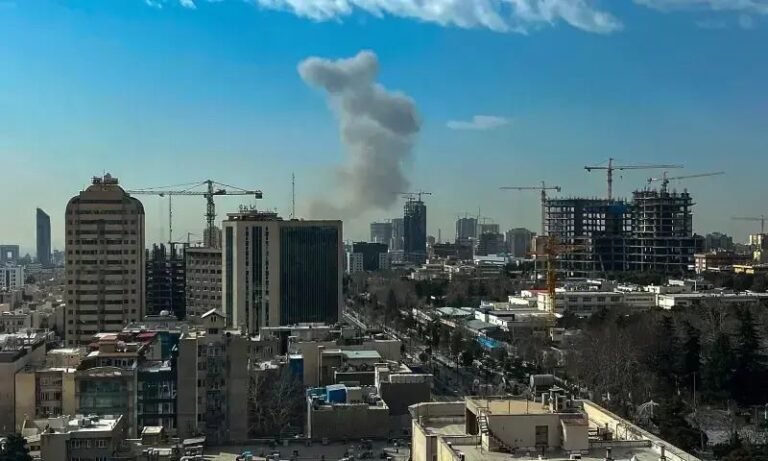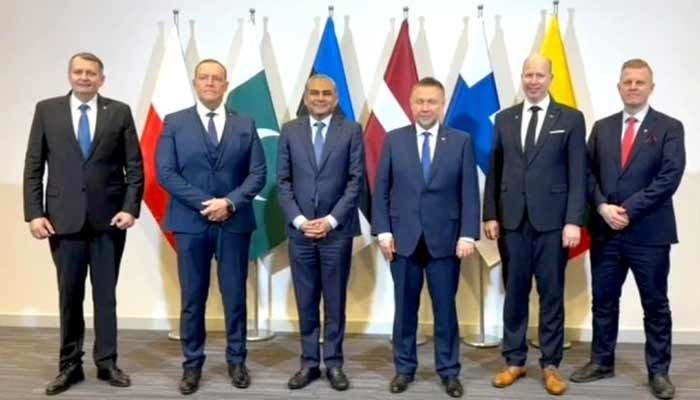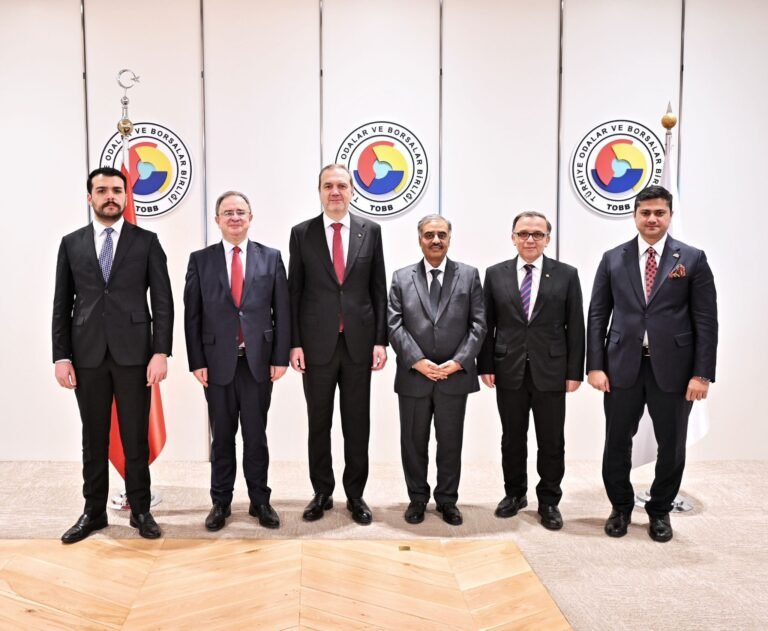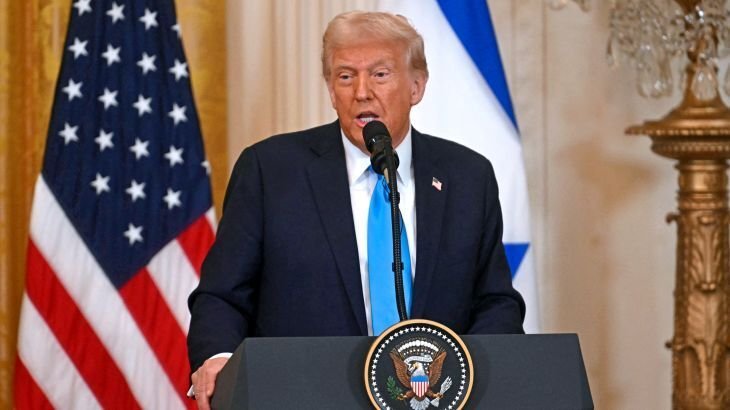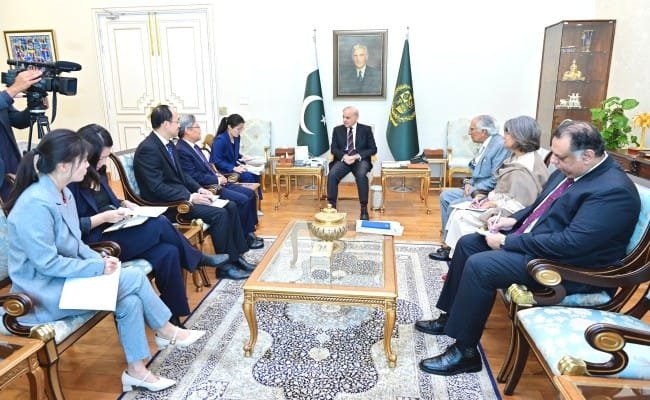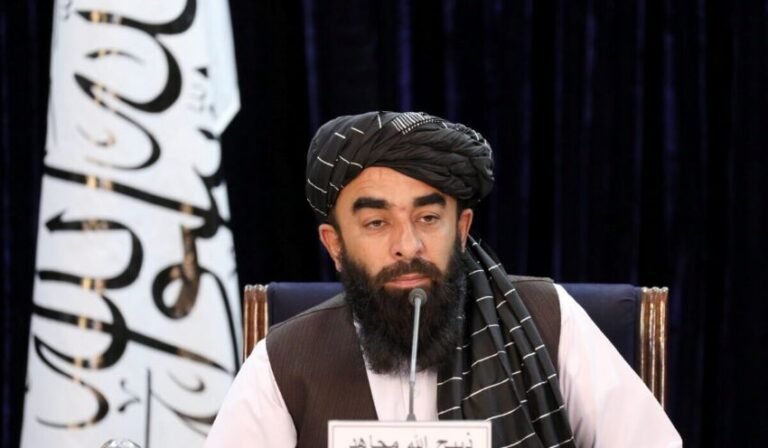Muhammad Asif Noor
The arrival of General Asim Munir, Pakistan’s new Chief of Army Staff (COAS), in Beijing for a four-day official visit is a significant event in fostering forward and building a strong Pakistan-China strategic alliance amidst the growing regional security challenges.
This visit comes when the region grapples with a growing threat of militancy and terrorism, as evidenced by the recent twin terrorist suicide blasts in Swat at a police station at the border region of Pakistan with Afghanistan.
Against this backdrop, the visit holds considerable importance for building and strengthening long-term strategic, military, and security ties between the two countries.
Over the past seven decades, Pakistan and China have forged a strong partnership to counter the common threats creating instability in the region and beyond. This visit offered a crucial opportunity to reinforce this partnership and explore avenues for enhancing regional security cooperation to deal with the growing threats jointly.
General Asim Munir’s visit to China marks his fourth official trip abroad and reflects the importance of the ongoing military cooperation between Pakistan and China.
Upon arrival, COAS was warmly welcomed and presented with a guard of honor at the PLA Army Headquarters and had a detailed meeting with the PLA Army Commander focusing on building military cooperation and securing mutual security interests.
Apart from meeting the high military officials, General Asim also met with senior diplomat Wang Yi and discussed diplomatic and political ties that both nations are proud about.
This high-level engagement between the two countries is important on two fronts. Firstly, it comes at a time when Chinese President Xi Jinping has begun his third term, which presents an opportunity for the two countries to adopt a fresh approach to deal with critical issues plaguing the region.
Secondly, it marks the beginning of General Munir’s tenure as COAS, and the visit may help him establish important connections with his Chinese counterparts.
The timing of the visit is also noteworthy, as Pakistan is currently dealing with the aftermath of twin terrorist attacks in the border region with Afghanistan. COAS Munir’s recent approval by the National Security Committee to accelerate intelligence-based counter-terrorism operations signals a fresh approach to dealing with terrorism.
This will likely improve the security landscape across the country, create an enabling environment for the Chinese workforce working in Pakistan, and accelerate work on CPEC projects.
Prior to the visit, General Munir visited and met with the armed forces fighting at the frontlines of Pakistan’s fight against terrorism in the border regions of Afghanistan. This reflects Pakistan’s commitment to rooting out terrorism and threats.
Against this backdrop, the COAS’s visit to China has added significance as Pakistan seeks to address security challenges and enhance bilateral ties. Similarly, the Inter-Services Public Relations (ISPR) announcement of the capture of Gulzar Imam, the leader of the Baloch National Army responsible for attacks on Chinese and China-related installations, is a significant achievement in the fight against terrorism.
The capture is expected to weaken the group’s capacity to launch further attacks and highlights the resolve of Pakistani authorities to tackle terrorism.
Pakistan’s struggle against terrorism persists, with multiple militant groups operating within its borders. The insurgency in the border regions of Afghanistan is an ongoing concern for Pakistan and its neighbors, including China.
The regrouping and consolidation of Tehreek-e-Taliban Pakistan (TTP) in these areas, including alliances with groups like Daesh-e-Khurasan, pose a significant threat to regional peace and stability. In this context, General Munir’s visit to China holds particular importance.
It provides an opportunity for Pakistan to enhance its counter-terrorism measures, including strengthening coordination with China. The discussions between military leaders can also address broader regional security issues and develop strategies to overcome ongoing challenges. As Pakistan tackles these complex security issues, its strong ties with China hold significance for maintaining regional peace and stability.
The two countries’ military cooperation extends beyond traditional alliances. It covers advanced networked communication systems, compatible arms supply chains, capable air defense systems, and offensive strike capabilities, significantly enhancing Pakistan’s warfighting strengths.
As close strategic partners, Pakistan and China continue to engage in multiple initiatives to enhance their interoperability at multiple levels of warfighting, particularly in counter-terrorism efforts. As China and Pakistan face new and evolving strategic challenges, this visit is a crucial opportunity for both countries to strengthen their cooperation and mitigate potential threats.
Pakistan and China remain steadfast as strategic partners and all-weather friends in an ever-changing regional landscape. The visit of COAS Asim Munir to China highlights the deepening military cooperation between the two nations, as China remains Pakistan’s major strategic partner. With the changing balance at the global political and strategic scale, Pakistan and China support each other in diverse ways.
The writer is Founder of Friends of BRI Forum.
*The views expressed in this article are writer’s own and do not necessarily represent the position of the publication.
Established in December 2008, The Diplomatic Insight is Pakistan’s premier diplomacy and foreign affairs magazine, available in both digital and print formats.






